Travelling overseas can be an incredible experience but it can expose you to a number of infectious diseases. This is a result of low vaccination rates, differences in the water and sanitation standards, changing climate and insects carrying diseases across different countries.
It is important to plan and prepare your trip to reduce your risk of infectious diseases. Taking the steps to prevent your risk includes researching your destination, being aware of the health risks, seeing our travel pharmacists and doctor for advice and prescriptions and getting up to date with the relevant vaccinations.
Contact, droplet and airborne diseases are transmitted by direct or indirect contact with a person who is infected with the following diseases:

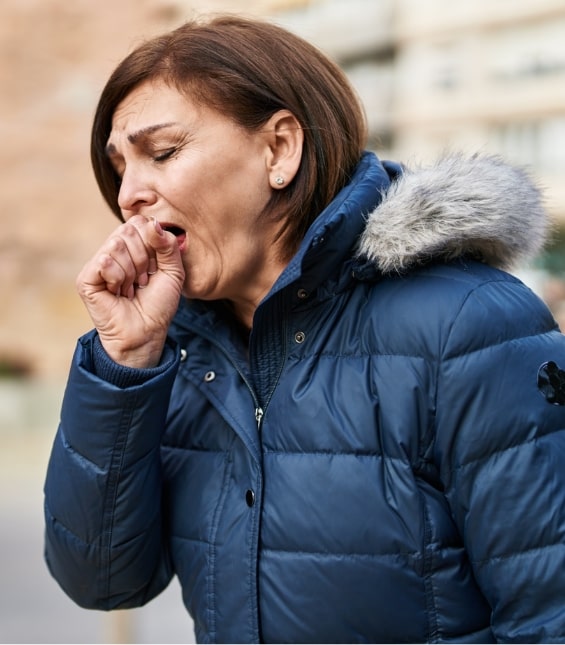


Some water and food-borne diseases include:
Many countries in tropical climates carry insect-borne diseases, many of which can be serious and even fatal. It is important to ensure you reduce your risk by taking some practical preventive measures even if you have been vaccinated or are taking preventive medications.
Insect borne diseases are most common in Asia, central America, Africa and the Pacific. However, with changing climates and international travel, there are parts of Australia, Europe and the United States that are now seeing cases of mosquito-borne diseases.
Mosquito borne diseases include:
Yellow Fever and Japanese Encephalitis vaccinations are the only available for mosquito-borne diseases.

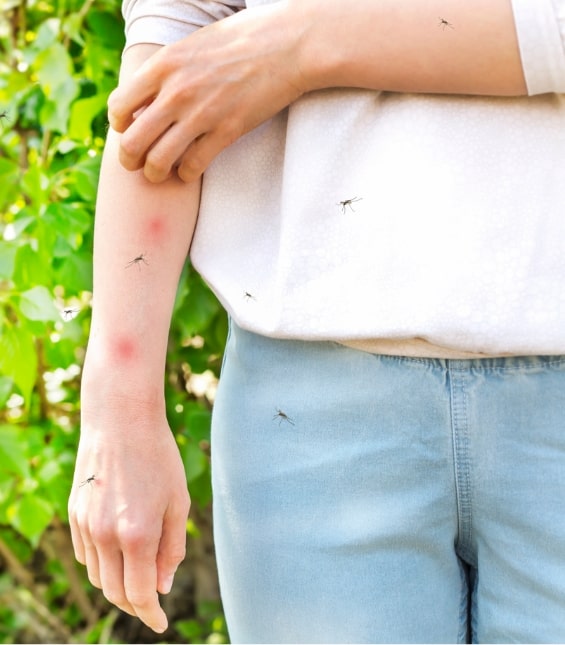
If you are pregnant or planning pregnancy, please speak to your doctor before travelling to areas affected by Zika.



Rabies is a serious viral infection spread by animals which affects the brain and nerves. It is spread through the saliva of an animal infected by rabies.
You can be exposed to rabies when an infected animal:
The most common animals with rabies are dogs, monkeys, foxes, cats or bats.
While all continents (except for Antarctica) carry a risk of rabies, the risk is higher across Asia, Africa and Central and South America.

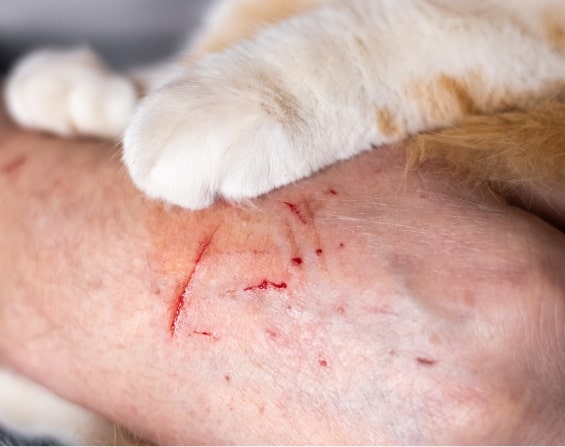
Symptoms of rabies may appear around 3-10 weeks after exposure if left untreated. Without treatment, it is almost always fatal.
Act fast and do NOT wait to see if your wound is serious even if you have been vaccinated against rabies.
Bloodborne infectious diseases can be transmitted by blood or bodily fluids that contain blood.
Transmission can occur through:
Certain activities that increase your risk of blood borne diseases when travelling include:
The most common blood borne diseases are:

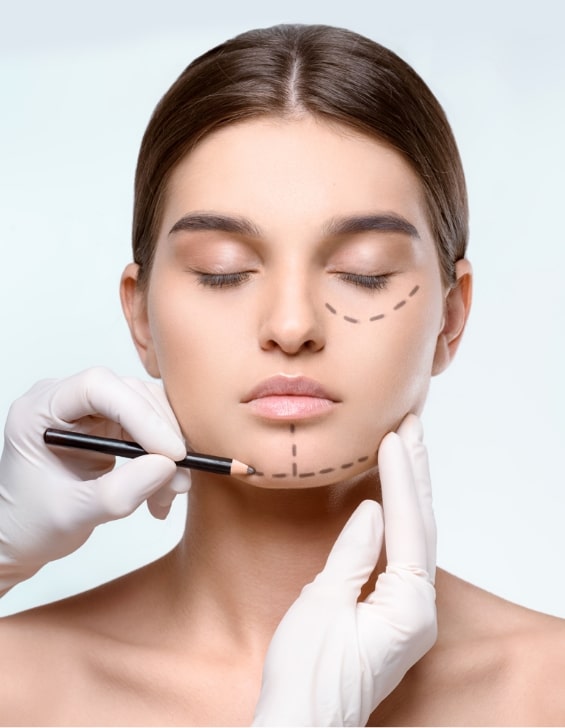
If you have been exposed, please seek medical care without delay.

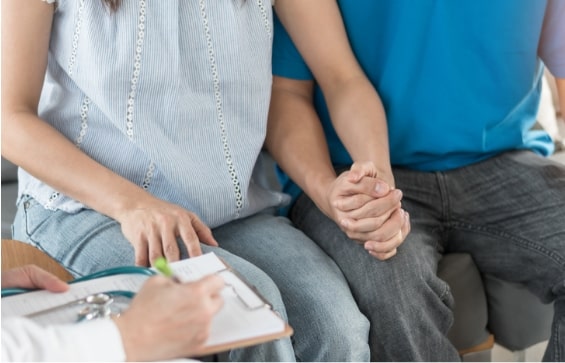

STIs are infections or diseases transmitted during unprotected sex (including vaginal, anal and oral sex) with an infected partner. It may also occur through skin to skin contact.
STIs may present with or without signs and symptoms.
Some common STIs include: chlamydia, gonorrhea, syphilis, genital herpes, HIV/AIDS and human papillomavirus (HPV).
It is important to reduce your risk of STIs as some can cause serious illness and long term complications if left untreated eg. infertility.
The best way to protect you and your partner from STIs is to take preventative measures.
Reduce your risk of infection by:
Your next best trip starts with a 30-minute travel health consultation. We’ll go over your medical history and make recommendations based on your specific destination and medical needs. Armed with up-to-date information and personalised travel products, you’ll be set to start your adventure and experience everything.

